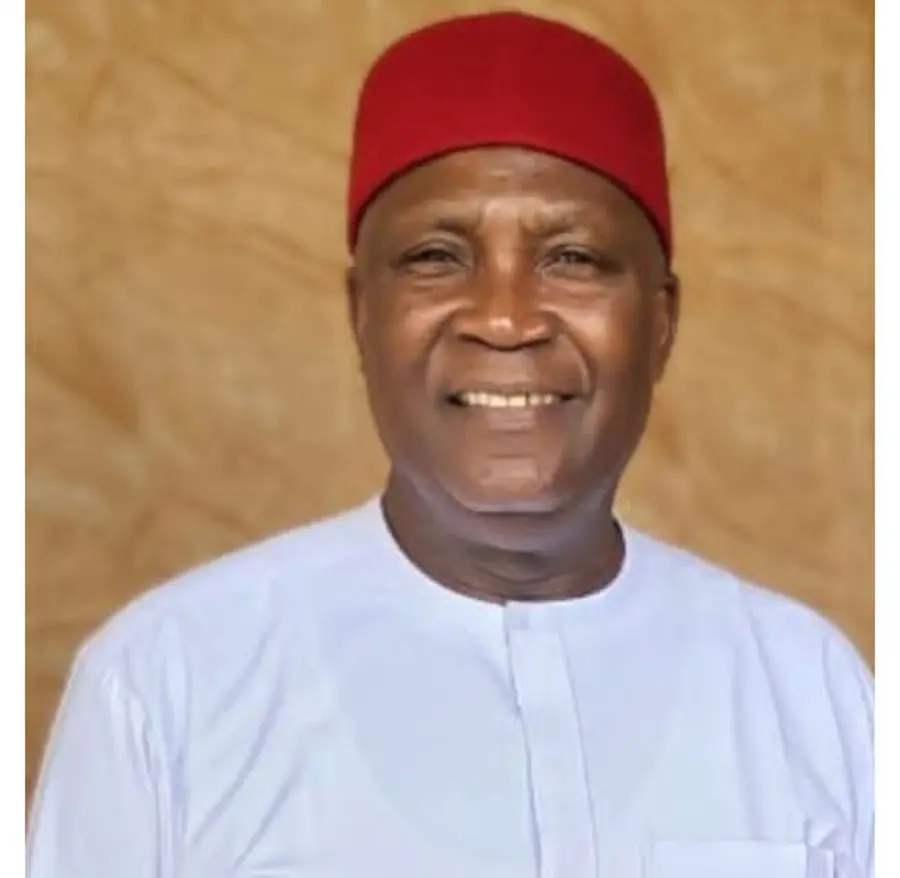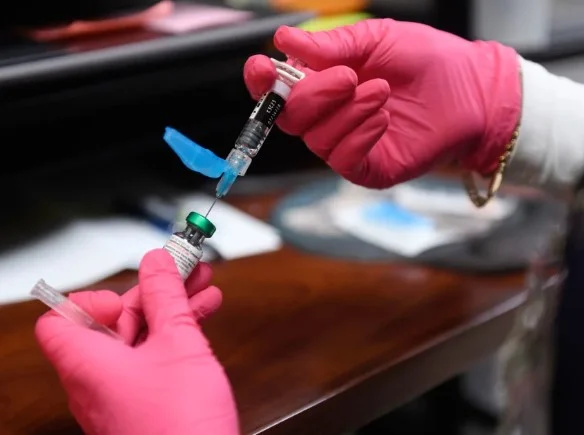A recent report has shed light on the unfair and biased representation of women in appointive positions by the Nigerian media. The report, released by the development Research and Projects Centre (dRPC) in partnership with the Advancing Learning and Innovation on Gender Norms (ALIGN), examines the portrayal of women and men in appointive positions in Nigeria and reveals significant gender disparities in media coverage.
According to the report, Nigerian media often depict women in public appointive positions as weak, incompetent, and lacking credibility. Women face character attacks that question their leadership style and moral integrity. On the other hand, men are described using more neutral language, focusing on facts rather than personal attributes.
The study highlights the impact of biased media representation on women’s visibility and agency in Nigerian public office, emphasizing the need to address these imbalances. The lead researcher, Plangsat Dayil, emphasizes that media portrayals play a crucial role in shaping public opinion and perpetuating societal norms.
The report attributes these biases to deeply ingrained gender norms and traditions in Nigeria, which have historically marginalized women and relegated them to subordinate roles. These biases result in women being overlooked or undervalued for appointive positions, despite their qualifications and experience.
Furthermore, the report points out that Nigeria’s diverse religious and ethnic composition adds complexity to the gender dynamics surrounding women’s roles in society and politics. In both northern and southern regions, there are distinct challenges that hinder women’s suitability for public leadership. These challenges range from religious and cultural norms in the north to societal expectations and political networks in the south.
The report recommends a comprehensive approach to address the challenges faced by women in appointive positions. This approach includes addressing media portrayal through training and education, political interventions, and research initiatives. The government is urged to incorporate gender analysis into communication programs, introduce media literacy initiatives to recognize gender biases, and support self-regulatory media platforms to produce gender-sensitive reporting.
Development partners are encouraged to support the establishment of women’s leadership development centers and mentorship programs. They should also extend incentives to initiatives that promote gender-sensitive reporting, such as funding training programs for journalists and research on media reporting trends related to women in leadership.
To ensure more equitable representation, the report suggests the establishment of a dedicated media watchdog focusing on gender equality in media reporting. Additionally, press councils and professional bodies are advised to develop comprehensive reporting guidelines, provide regular training sessions for journalists, and recognize outstanding journalism that upholds gender-sensitive reporting.
In conclusion, the report calls for a collective effort to challenge and change the biased media representation of women in appointive positions. By addressing these issues, Nigeria can strive towards a more equitable and inclusive society where women are valued and empowered in public office.



